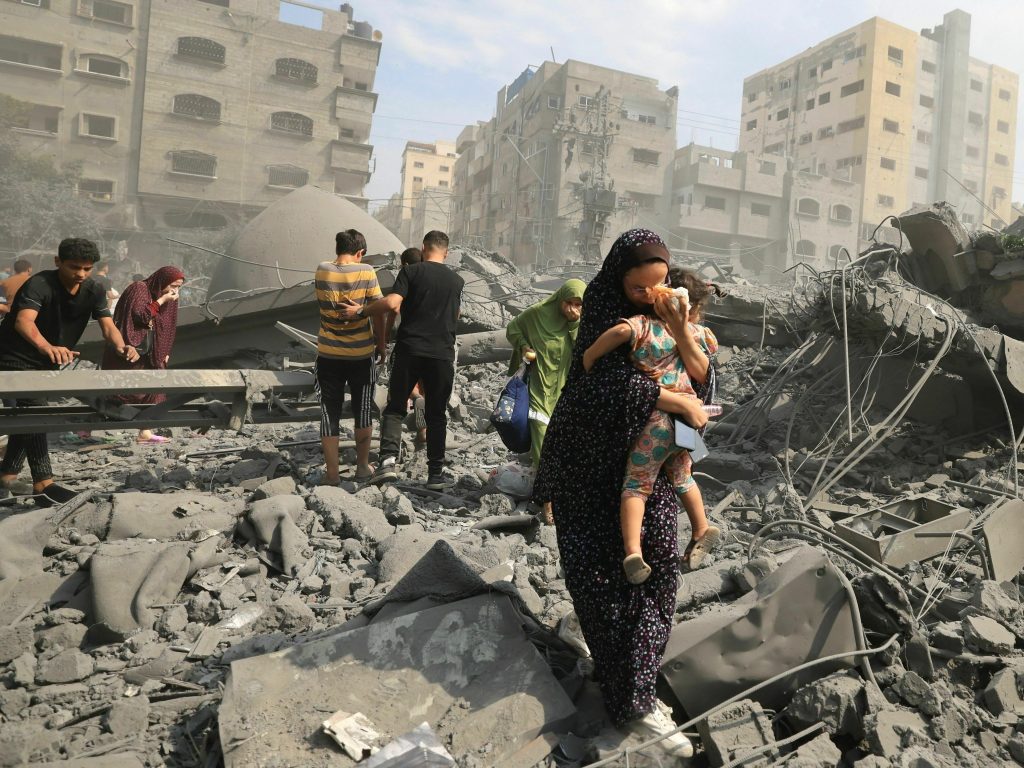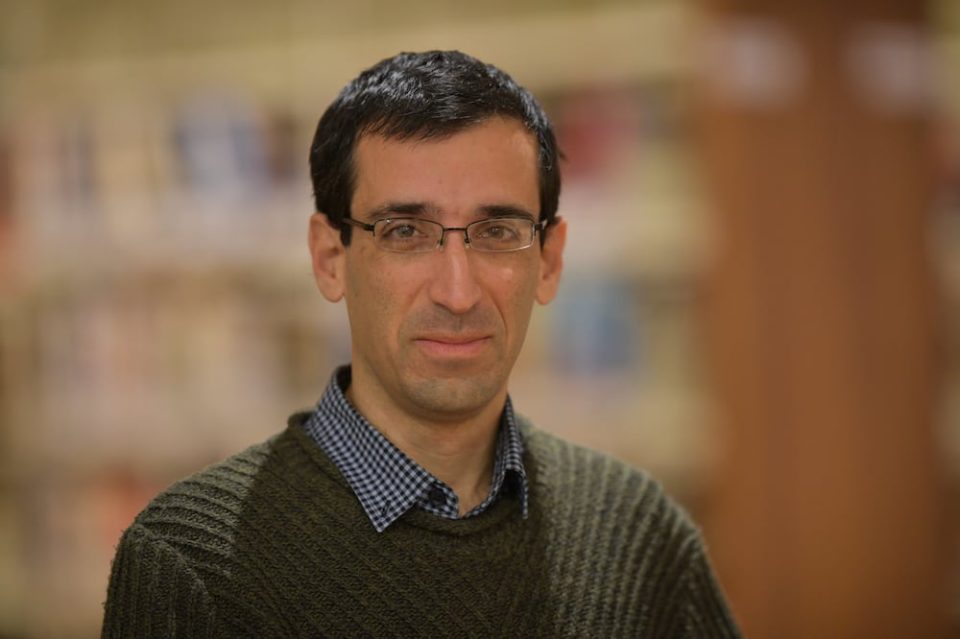Falcon powers – A prominent Israeli academic has accused his country of committing genocide on Palestinians in Gaza.
Lee Mordechai, a professor of history at The Hebrew University of Jerusalem, has spent the past eight months researching and analysing Israel’s retaliatory military campaign.
He has reviewed videos and source material provided by Palestinians and the Israeli military and his conclusions are damning, he said.

“The enormous amount of evidence I have seen, much of it referenced later in this document, has been enough for me to believe that Israel is currently committing genocide against the Palestinian population in Gaza,” Mr Mordechai said in the introduction to a report he published.
The historian, who is on sabbatical at Princeton University, accused Israel of attempting “to cause the death of the civilian population of Gaza”.
His extensive research, he said, has led him to believe that one of the country’s “very likely objectives is to ethnically cleanse the Gaza Strip”.
In addition to his academic report, he wrote on X a summary of his findings, which garnered millions of views.
Israel began its military operation in Gaza following Hamas’s October 7 attack in which the militant group killed about 1,200 people and abducted about 240 people to the Gaza Strip. More than 37,300 people have died in the enclave, according to its Health Ministry.
Social media posts and reports from daring Palestinian journalists have shown the world the impact of the war in Gaza in the near total absence of international media, whose access to the densely populated enclave is restricted by the Israeli military.
These have had a profound effect on Mr Mordechai.
“I was anti-war previously, but seeing this broadcast essentially, really got to me,” he told The National.
Mr Mordechai said he noticed a void in how the Israeli media and his academic peers were covering the war and felt compelled to compile what has become an exhaustive account of Israel’s military conduct.
“I also had problems with the fact that academia hasn’t spoken out, and for different reasons, some perhaps justified others not,” he said. “And I felt that this is what I’m here for. Right? This is what I’m getting paid for. I’m paid to be an academic, to do scholarship and to try to improve society.”
While at first he wondered if he should return to Israel immediately following the beginning of the war, he realised that being abroad provided him with a space and distance to view what was happening from outside the “echo chamber” of Israeli society.
He sees his report as a “service” to his country.
“I believe that a society should not behave that way,” he said. “And what are my options to try to change that? It’s essentially this.”


